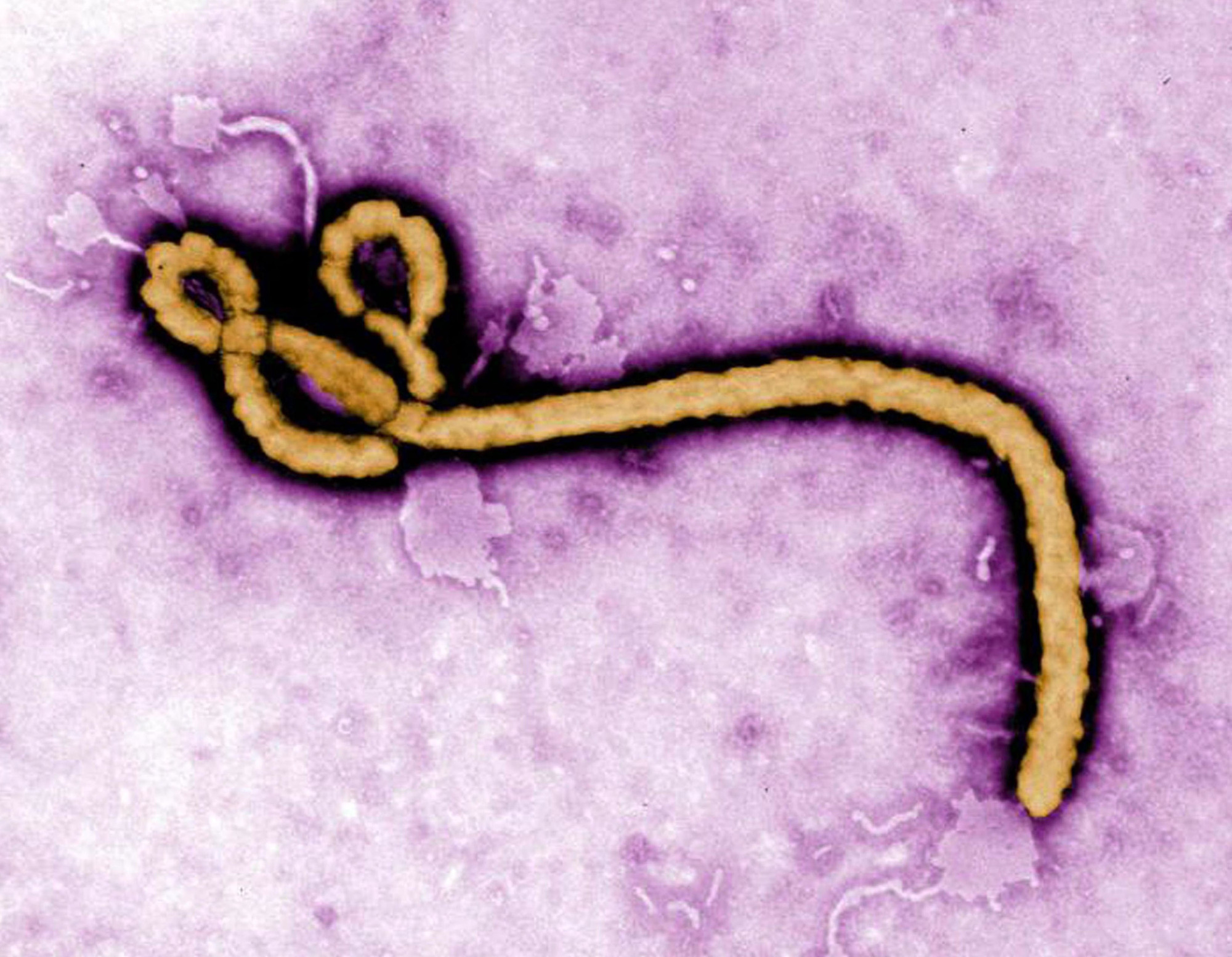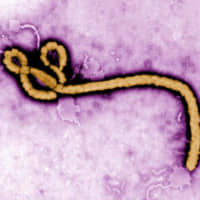A team of University of Tokyo researchers said Thursday it will begin later this month the nation's first clinical study on a vaccine for the Ebola virus.
The new vaccine developed by Yoshihiro Kawaoka, a professor at the university's Institute of Medical Science, and others is believed to have fewer side effects compared to those produced abroad, according to the institute. It will be developed using an artificially produced detoxified virus.
The researchers said they aim to develop the Ebola vaccine to prevent further outbreaks of the deadly hemorrhagic fever in Africa.
The clinical study will be conducted by the team, led by professor Hiroshi Yotsuyanagi, at the hospital affiliated with the institute. Thirty healthy adult men are set to receive intramuscular injections of the vaccine and will be checked for fever as well as the development of antibodies.
They will then be monitored for about six months to determine the vaccine's safety.
Kawaoka developed the new vaccine using an inactivated Ebola virus that cannot replicate in normal cells. It was proven both safe and effective in tests involving monkeys.
Although possession of the Ebola virus is strictly regulated in Japan, artificially produced viruses are not.
Two major American pharmaceutical companies have also developed Ebola vaccines, with vaccinations underway in Africa.
Over 10,000 people died in West Africa in an Ebola epidemic between 2013 and 2016, while approximately 2,200 people have died since last year in the Democratic Republic of the Congo.
The Ebola virus is transmitted through direct contact with bodily fluids of infected people.




